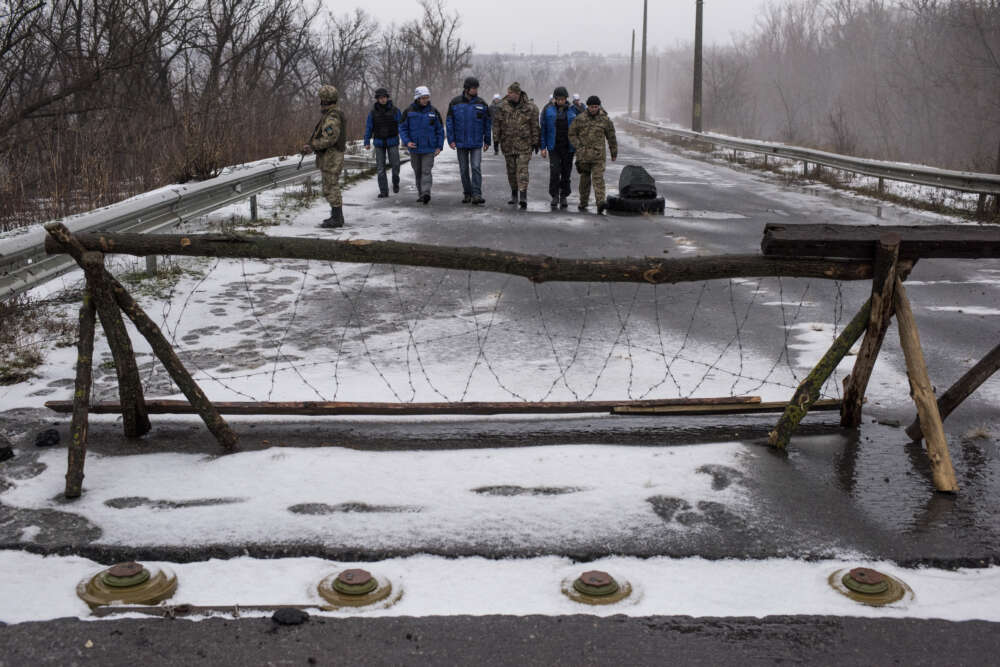New Expectations: Generation Z and Changing Attitudes on German Foreign Policy

According to new survey data, a trend emerged in recent years among the German voting-age population toward a stronger preference for taking international responsibility for conflict resolution. Since about 2016, the former majority favoring “restraint” has been declining. Some surveys from the summer/fall of 2019 even show a reversal: about half of adult Germans favor stronger engagement or the status quo, respectively, while only a small majority would like to see less engagement.
The demand for “stronger involvement in conflict resolution than to date” is most frequently heard among younger people between the ages of 18 and 30, i.e. members of “Generation Z” (Gen‑Z) or younger Millennials. Unlike the older age groups, this is true for both women and men in the same way and applies to East Germans even more so than to West Germans. The finding is more robust for young adults, across different surveys and regardless of the way in which survey questions were framed, than for the overall population. Over time, the younger people’s attitude has increasingly diverged from that of the other age groups. This holds among the supporters of most political parties, which makes for considerable potential for internal conflict over foreign policy matters.
The data available to date does not allow for clear-cut conclusions about the causes of these differences between younger and older people. Gen‑Z and younger Millennials do not feel more threatened nor are they more naïve than older people. Younger people do not estimate the risk of threatening events to be higher than older people: their trust in Germany’s security is, if anything, higher than that of older people. Asked about the most pressing issues, young adults mention the climate crisis, “peacekeeping/avoiding conflict”, and fighting terrorism. They prioritize “refugees and root causes of migration” less than older people do. Younger people are much less likely than older people to blame the intake of refugees for an increased risk of terrorism in Germany.
The data also provides few clues as to how these Gen‑Z and younger Millennials expect their government to implement the vague notions of “responsibility” and “engagement.” We know from previous surveys that increased diplomatic contributions are popular through all age groups. Younger adults are much more likely than older people to favor increased contributions to international development. The picture is much less clear, however, when it comes to the military: While the majority across age groups continues to oppose the use of military force, Gen‑Z and younger Millennials are more likely than older people to support the use of force for explicitly identified purposes, such as fighting terrorism or opposing grave violations of human rights.







